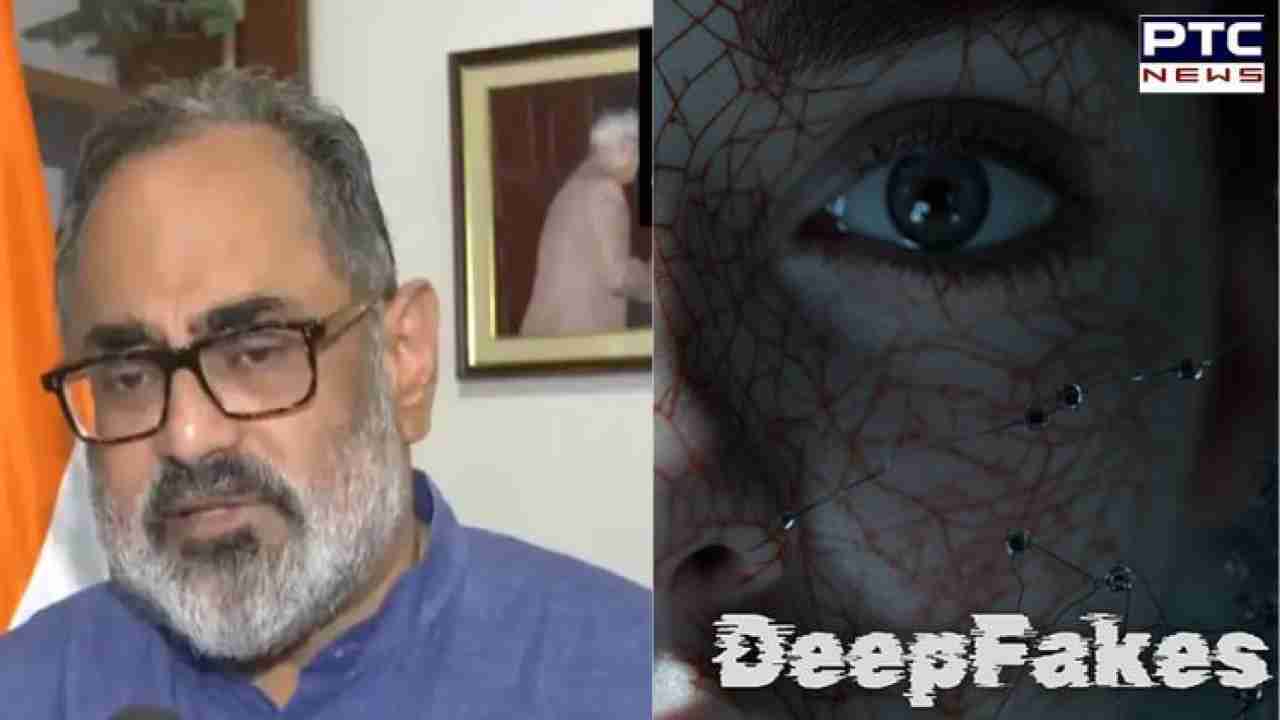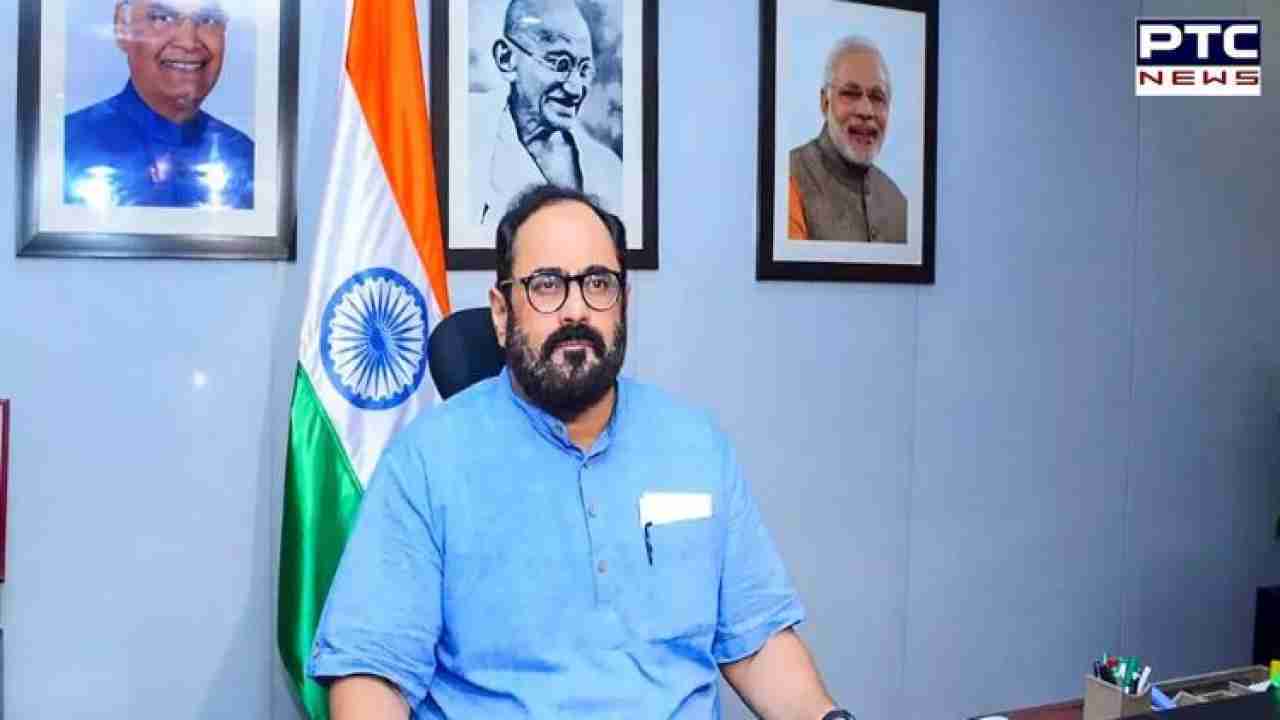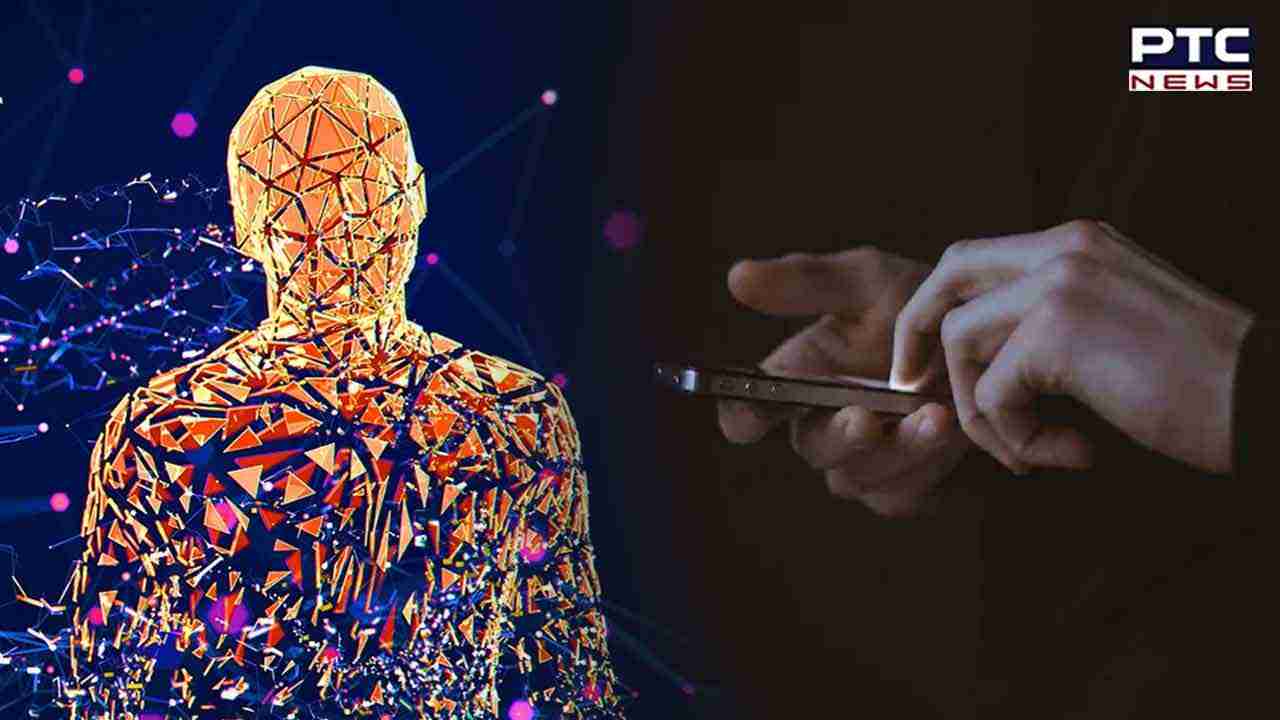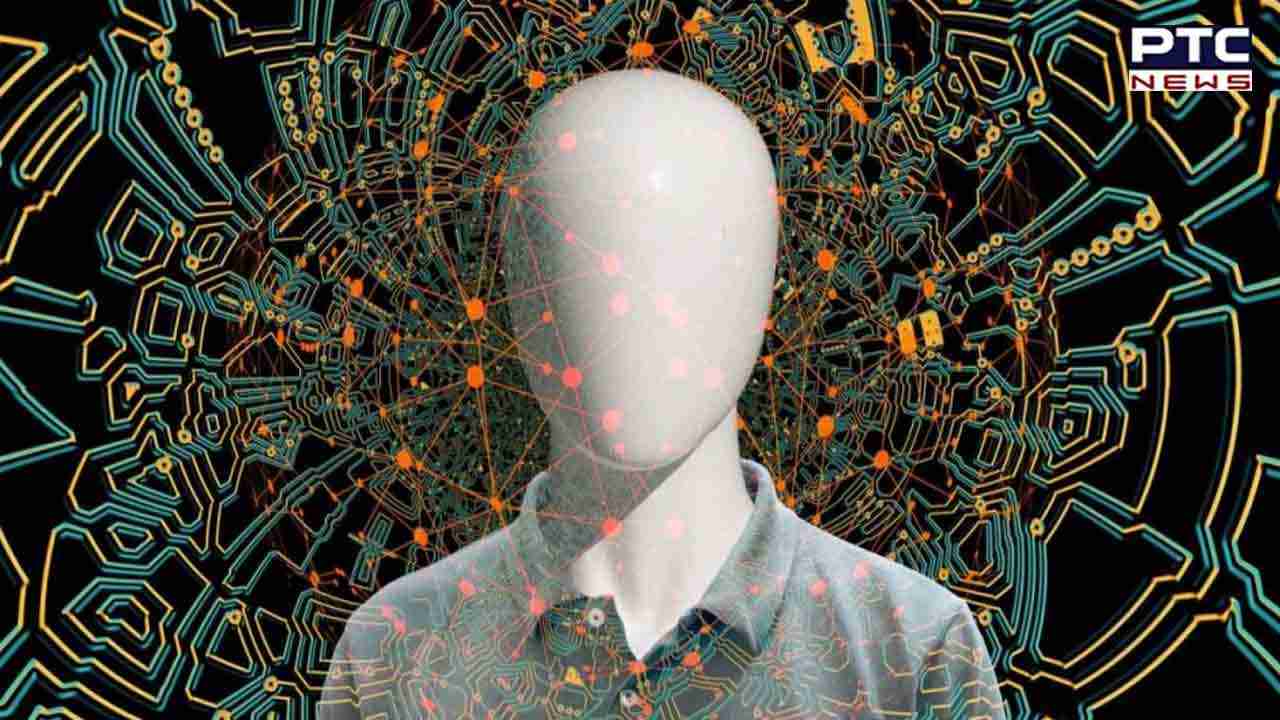

Deepfake video row: ‘Wait till Nov 24 to see what we do,’ says Rajeev Chandrasekhar on Deepfake issue
Deepfake video row: Taking major step against deepfake content, Union Minister for Electronics & Technology Rajeev Chandrasekhar has echoed Prime Minister Narendra Modi's statement on deepfakes and misuse of AI.
Highlighting the threats of deep fakes in new-age digital media and understanding how Artificial Intelligence (AI) works since they could be used to purposefully spread false information or have malicious intent behind their use, Union Minister for Electronics & Technology Rajeev Chandrasekhar says, “we must not forget that there are people on the internet that use AI and other forms of misinformation to cause harm, chaos in society, disorder and incite violence.”

"Deepfakes that are misinformation powered by AI, is a very important, clear and present danger to the safety and trust of Indians who are using the internet and we have already worked very hard and created the IT Rules in April 2023," he added.
Taking majar steps on Deepfakes issue, Rajeev Chandrasekhar said, "You will have to wait till November 24 to see what we do. We will talk to the industry and we will come up with an overall framework that strengthens our existing framework that is already present.”

Earlier, last week the deepfake video featuring actresses Rashmika Mandanna and Katrina Kaif stirred controversy on the internet, amassing over millions views since its release.
The original video had been shared on Instagram on October 9, featuring Zara Patel, a British-Indian influencer with over 400,000 followers. The deepfake content seamlessly transitioned from Patel to Rashmika as Patel entered an elevator, cleverly disguising the manipulation.
Recently, actress Kajol’s deepfake video surfaces internet which is doing rounds all across social media platforms. The original clip of Kajol featured influencer Rosie Breen who shared the clip on TikTok as part of the ‘Get Ready With Me’ trend.
_82ad4b39e8b3699cc6e9a56e085e9ec8_1280X720.webp)
Deepfakes are used to purposefully spread false information or they may have a malicious intent behind their use. They can be designed to harass, intimidate, demean and undermine people. Deepfakes can also create misinformation and confusion about important issues.
The Centre has said that creation and circulation of Deepfakes carry strong penalty - Rs 1 lakh in fine and three years in jail.

Misrepresentation of individuals in Deepfakes has led to the generation of blackmail materials to falsely incriminate people. As these videos and audio recordings can be difficult to verify, the negative impact on reputation can be difficult to recover from, even when verified as a Deepfakes.
- With inputs from agencies
